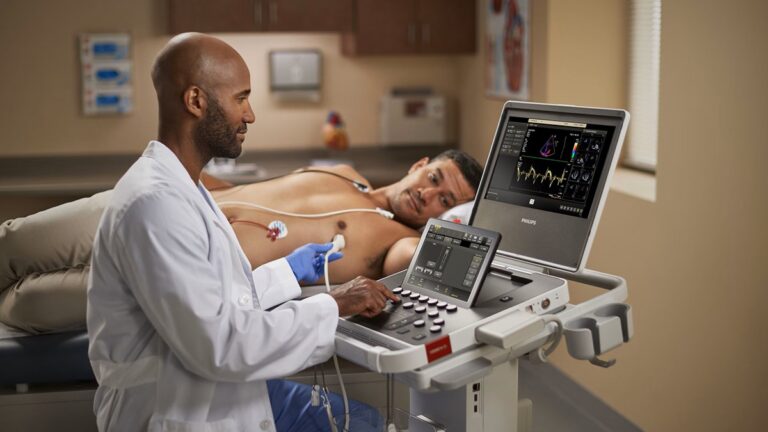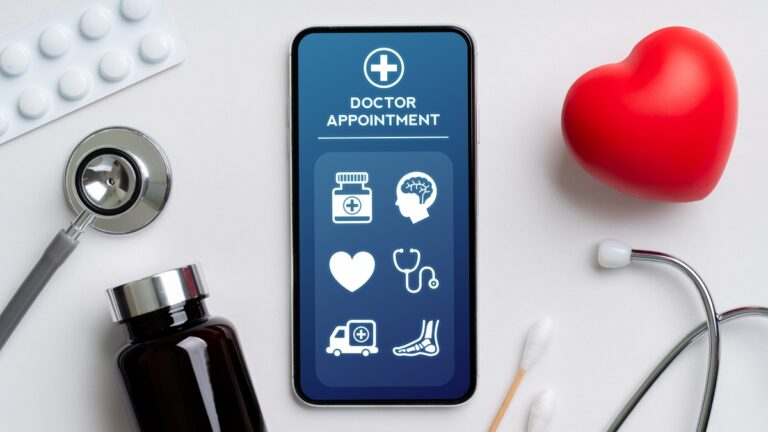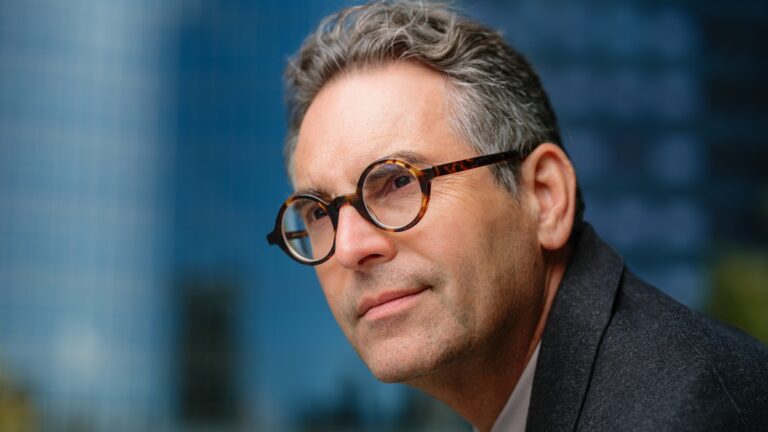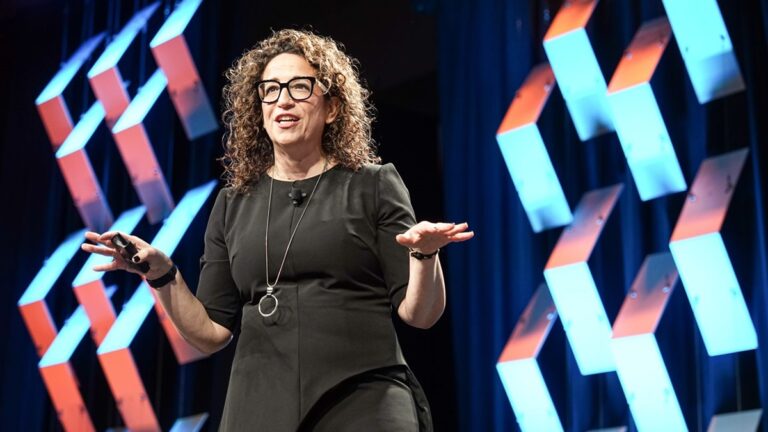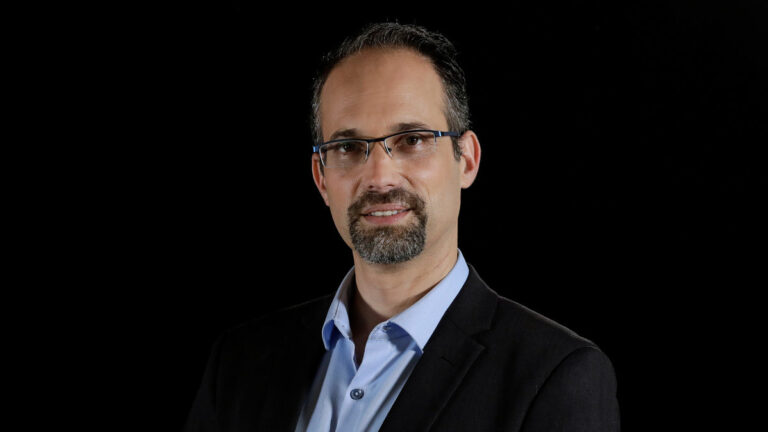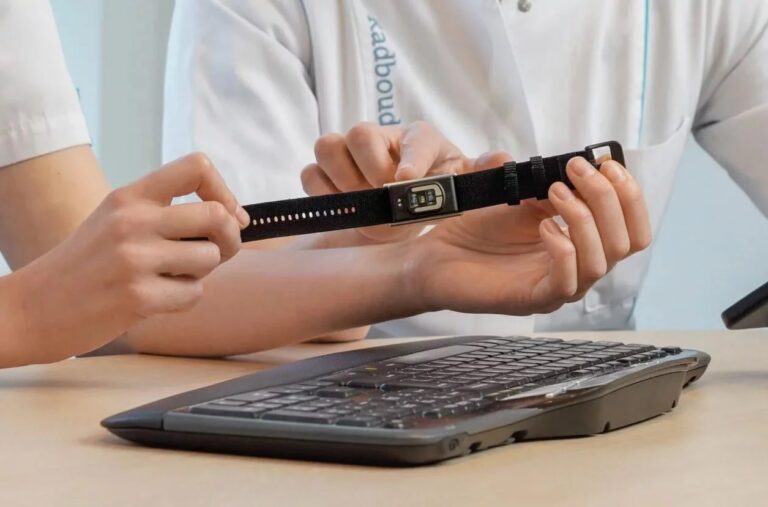In the old days, surgeons were trained in an operating theatre, where surgeons-to-be would look over each other’s shoulders to get a glimpse of what was taught. This method hasn’t changed much since then, but the need for surgery and surgeons has doubled. According to the Lancet commission on global surgery, the surgical workforce would have to double to meet the needs of basic surgical care for the developing world by 2030.
Dr. Shafi Ahmed is working to solve this problem. He imagines being able to train thousands of surgeons simultaneously in virtual reality. At the Exponential Medicine conference, he painted a vivid picture of the need for a scalable surgical education.
Training thousands simultaniously
“Imagine that you’re a surgical trainee in Tanzania. You’re restrained by geography, you’re in a rural setting, but you want some training. You want to improve the standards of your health care system, as every doctor does… Imagine you’re a surgeon, maybe an attending in Bangladesh, a population of 150 million with a very poor infrastructure of training and teaching….Imagine you’re a school kid in a inner city area, a poor district. But then you want to be a surgeon, you want to train to be a medic, you want to access information. You’d like to know what it’s like and immerse yourself.”
Education should be a basic, fundamental right for everyone, according to Ahmed and with virtual reality he believes he can train surgeons across the world in a way that has not been possible before today.
He already took some steps towards this reality. In May of 2014, he streamed a training session through Google Glass, reaching 14,000 surgeons across the world. In April of 2016, he live-streamed a cancer surgery in virtual reality. The procedure was filmed in 360 video and streamed live across the world. The high-def 4K camera captured the doctors’ every movement, and everyone could see what was happening in detail.
“In time, we’ll be wearing gloves or body suits, we can touch and feel things in the virtual world. Then ultimately, imagine being a virtual surgeon, where you pop into a virtual theater with a virtual patient and virtual instruments and do a virtual operation,” says Ahmed.
###surgery###


